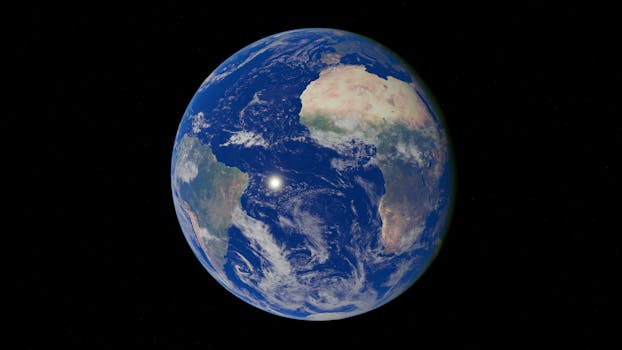
Climate change is a complex phenomenon that is primarily driven by the increase in greenhouse gases in the Earth’s atmosphere. The science behind climate change is grounded in fundamental principles of physics and chemistry, where certain gases trap heat and prevent it from escaping into space, leading to a warming effect known as the greenhouse effect.
Human activities, such as burning fossil fuels and deforestation, have significantly increased the concentration of greenhouse gases, particularly carbon dioxide, in the atmosphere. This has resulted in global temperatures rising at an unprecedented rate, causing widespread impacts on ecosystems, weather patterns, and sea levels.
The impacts of climate change are diverse and far-reaching. Melting ice caps and glaciers contribute to rising sea levels, threatening coastal communities and habitats. Changes in temperature and precipitation patterns are disrupting agricultural practices and food security around the world. Extreme weather events, such as hurricanes and droughts, are becoming more frequent and severe, posing risks to human lives and infrastructure.
Addressing climate change requires a collective effort to reduce greenhouse gas emissions and transition to renewable energy sources. Scientists, policymakers, and individuals play crucial roles in implementing solutions that mitigate the impacts of climate change and build resilience in the face of environmental challenges.
By understanding the science behind climate change and its impacts, we can work towards a sustainable future that preserves the health of our planet and ensures the well-being of current and future generations.






